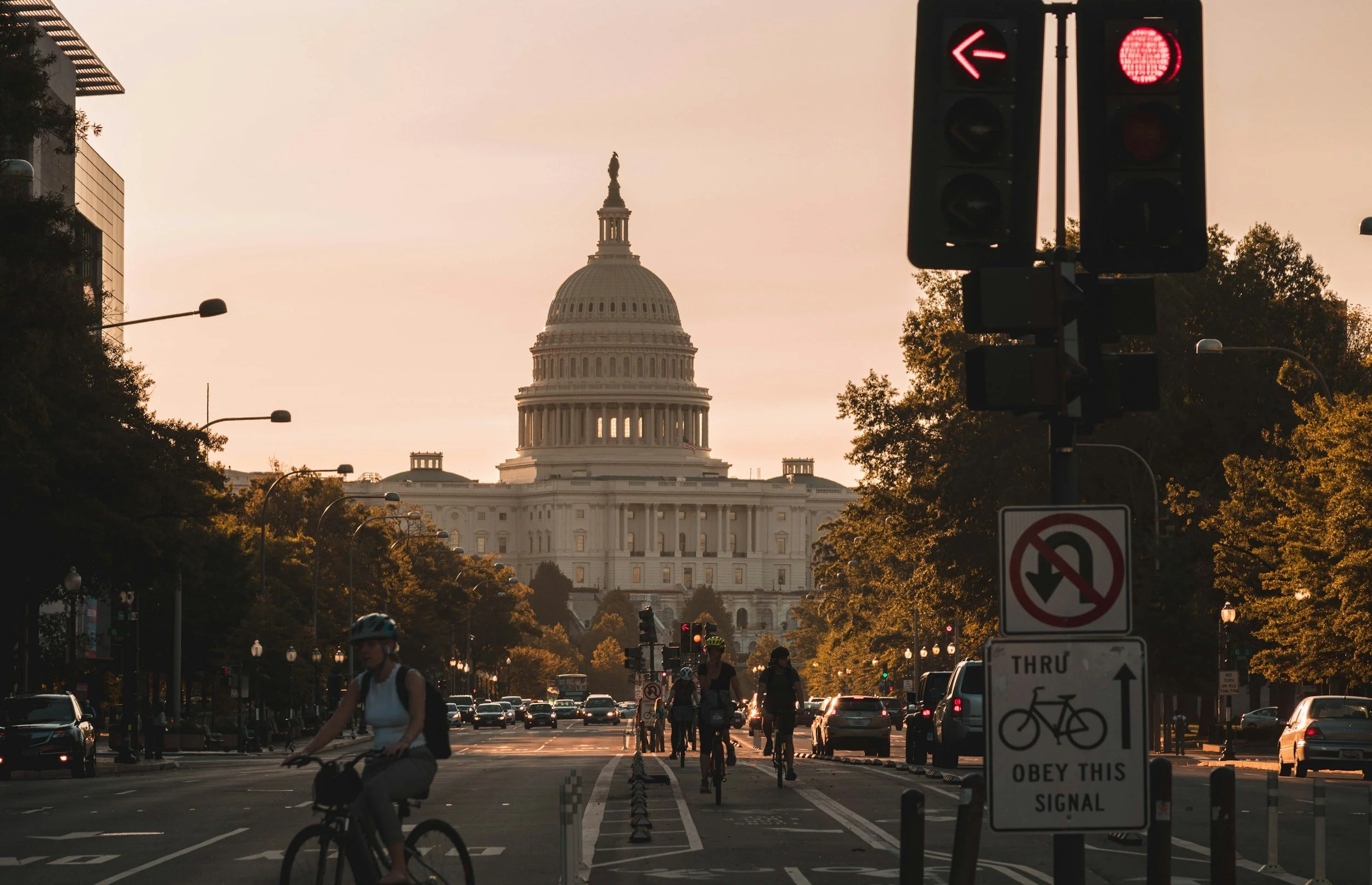Independent music venues are essential to a functioning democracy
In a world where conglomerates often dominate the airwaves, independent music venues emerge as unsung heroes, fostering a culture of inclusivity and democratic expression. These venues are the crucibles where artistry is devoid of commercial chains, allowing for an authentic exploration of musical realms. They play an indispensable role in cultivating a democratic ethos by providing an accessible platform for diverse voices, unlike the corporate monopoly that often prioritizes mainstream narratives.
At the heart of a vibrant democracy is the free flow of diverse ideas and the opportunity for individuals to express themselves unreservedly. Independent music venues are quintessential in nurturing this democratic spirit. They provide a stage for emerging artists, whose voices might otherwise be drowned out in the cacophony of mainstream commercial music. The lower costs associated with performing in such venues diminish the financial barriers to entry, enabling a myriad of artists from various socio-economic backgrounds to share their narratives. This inclusivity enriches the societal discourse, one melody at a time.
Furthermore, the affordability of shows in independent venues extends to audiences as well, breaking down the economic barriers that might prevent many from partaking in the cultural dialogue that music engenders. Unlike exorbitantly priced tickets at corporate-owned venues, independent spaces offer a more economically accessible alternative. This inclusivity not only broadens the spectrum of societal participation in the musical dialogue but also fosters a sense of community among individuals who share a penchant for eclectic musical tastes.
In stark contrast, the corporate monopoly in the music industry often leads to a homogenization of the musical narrative. The hefty financial clout of corporate entities enables them to monopolize the venues, thereby controlling the kind of music that reaches the audience. This hegemony not only stifles the diversity of musical expression but also erects a high entry barrier for both artists and audiences. The narrative becomes one dictated by commercial interests rather than an authentic reflection of the diverse societal tapestry.
Moreover, independent music venues often double as forums for political and social discussions, fostering a culture of civic engagement. The informal setting of a local music venue often encourages open dialogue, where individuals feel at ease to express their opinions and engage in discussions that shape the democratic fabric of society.
In encapsulating the essence of democratic values, independent music venues are more than just a haven for musical aficionados. They are the bedrock of a democratic society that thrives on the free exchange of ideas and the celebration of diversity. Through their commitment to lowering the cost of artistic expression and audience participation, these venues challenge the corporate monopoly, paving the way for a more inclusive and democratic musical landscape.



